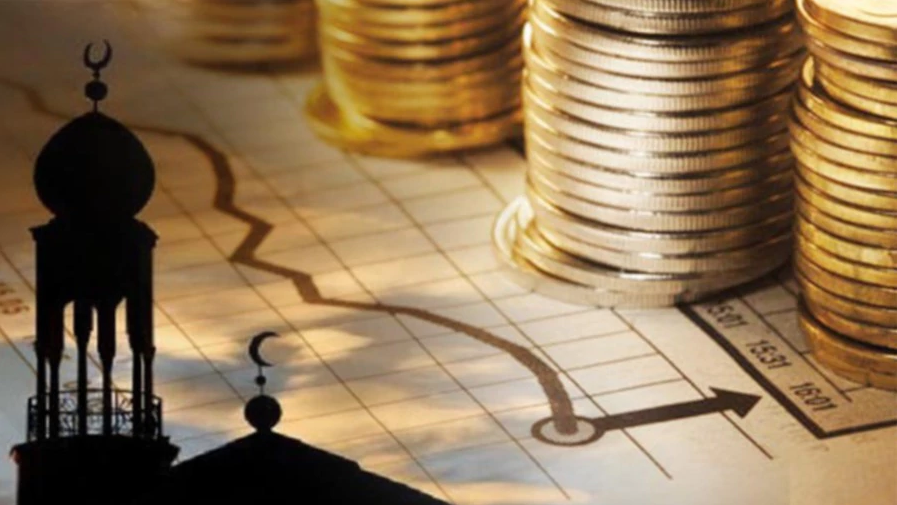We are accustomed to a thoroughly scientific and secular approach to modern economics, which does not allow religious conceptions to affect its theories and concepts because the economy is not the purview of religion. When we talk about Islamic finance or Islamic economic principles, there is a common misconception that Muslim academics emphasize them to meet Muslims’ religious obligations or that they are intended exclusively for Muslims and no one else. This presumption is wrong. Although Islam is essentially a collection of ideas, the advantages of its social, political, and economic principles are not only for Muslims; they are intended to serve the interests of all people.
Fair distribution
One of the fundamental ideas the Holy Qur’an stresses on the goals of an economic system is that wealth created in a community must be dispersed in a just and equitable way to prevent it from becoming concentrated in the hands of a select few. This fundamental goal must be prioritized when creating a system for economic activity. On the other side, the market economy was criticized by many economists for having an unfair wealth distribution system. Although the planned economy advocated by its opponents did not prove to be feasible, the market economy was not primarily to blame for this. The proponents of the market economy ought to have examined their framework to eliminate the fundamental reasons for unfair distribution. It is not sufficient to focus on an economy’s numerical growth or the production cycle operating as vigorously and quickly as feasible when considering the economy as a whole. Making the wealth distribution system egalitarian is crucial if we meet the financial requirements of all societal sectors on an equal footing.
Greed and Profit-Minding
When one thinks that the “profit motive” drives an economy, one tends to view “profit” as the only goal of life in and of itself, succumbing to an unbridled hunger to amass as much money as possible through any means possible. It is because there is no spiritual or moral purpose to existence. Once possessed by this hunger, a person cannot be satisfied by wealth or money alone, nor can anything quench his want for more money. He enjoys counting the growing quantity of coins or financial documents he holds, regardless of the profit he receives from doing so. Although the desire for riches is a prerequisite for any economic activity, what is condemned is not the honest desire to use fairways to gain money to meet one’s necessities. The thirst for money that cannot look past one’s desires and does not distinguish between good and wrong is what is condemned.
What Money Is and Does
All economists who followed after Imam Al-Ghazali accepted the fundamental idea that money is merely a means of trade and a measure of worth. Sadly, most did not follow the concept through to its logical conclusion. They have treated it like a commodity even if they accept it as a form of trade. Money does not fit into either of the two categories of entities that are used to classify items: “consumption goods” or “productive goods,” hence it is illogical to hold money as a commodity. Given that it lacks inherent usefulness, it is not a “consumption good.” Because it doesn’t generate anything, it isn’t even a “productive good.”
Interest has been crucial in directing the idle money of the people into commerce and industry. If interest is not permitted, how can the savings be put to use for large-scale commercial businesses required for the growth of society? The straightforward response is that saving may be encouraged in commercial and industrial operations by paying savers their fair portion of the profits from the businesses that used them. A relatively tiny segment of society is using most of its collective savings.
The fact that a small number of business owners only secure the majority of the profits made with the money of millions of savers and that the depositors whose money generated these profits only receive a negligible amount of interest which frequently does not keep up with inflation and is taken from them in the form of higher prices is neither logical nor equitable. It is one of the primary causes of how unjust, uneven, and detrimental to the interests of the general people the distribution system is. Even a large number of modern economists have disputed this aspect of interest.




